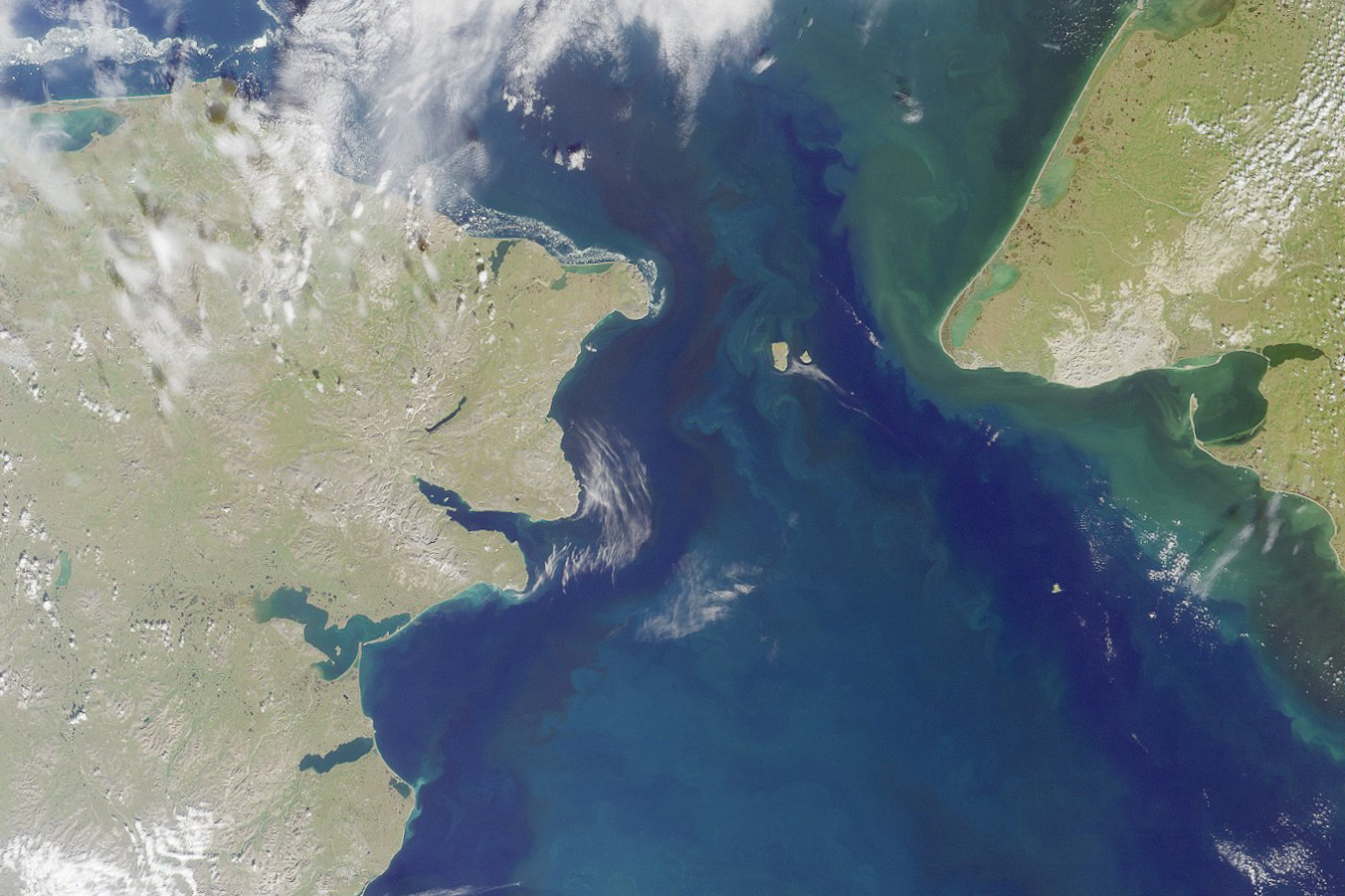Cooperation with Russia in the Arctic remains essential
I recently returned from a conference in Arkhangelsk, Russia named Arctic: Territory of Dialogue. The forum, to discuss a wide range of issues affecting the Arctic, was attended by 2,300 delegates from 15 nations, and Russian President Vladimir Putin delivered a keynote address while presidents Sauli Niinisto of Finland and Gudni Johannesson of Iceland also spoke.
My mission was to promote cooperation with Russian regulatory authorities for safe shipping practices and oil spill prevention measures in the Bering Strait. Vessel traffic there has been increasing and 75 percent of the cargoes are petroleum products. A major spill in the Arctic would be a true disaster.
The U.S. Coast Guard has recognized that response assets in the U.S. Arctic are inadequate, so they have allowed vessels to institute prevention measures in lieu of the response requirements of the Oil Pollution Act of 1990.
This is a smart move on the Coast Guard’s part since even if OPA90 response requirements have been met, the most oil that is ever recovered in an oil spill clean up operation is about 20 percent. Recovery rates of 5 to 10 percent are more usual. Therefore prevention measures are paramount in the Arctic.
Utilizing the vessel tracking and monitoring operations of the Marine Exchange of Alaska, Alaska’s prevention measures include offshore routing, early notification of loss of power or steering, identification of nearby vessels that could provide assistance, and positioning of vessel towing packages. We are also transmitting safety data to the vessels including real time weather and virtual navigation buoys in ice conditions. These measures apply to vessels in U.S. waters that have called on a U.S. port.
Our proposal to Russia is for their authorities to adopt the same prevention measures on their side of the Bering Strait. The Marine Exchange would make our tracking system and technologies available to them so that they could ensure compliance.

I was able to present this proposal as a member of a panel that included the Russian Minister of Transport, Maxim Sokolov, and focused on a wide range of transportation issues in the Arctic. There was a strong interest in our proposal and I was also told by the Russian Senior Arctic Official to the Arctic Council, Vladimir Barbin, that Russia had made a similar proposal to the Obama administration but had never received a response.
In the final event of the forum, CNBC reporter Geoff Cutmore conducted a fascinating interview with Putin, Niinisto and Johannesson. Although tough questions were presented to all of the presidents, it was clear that the real focus was on Putin, given the frenzy of hearings currently occurring in Washington, D.C. (I highly recommend reading the entire transcript.)
Of particular interest to Alaskans were Putin’s remarks on cooperation in the Arctic with Alaska and the United States. Along with visa free travel for Alaskan and Russian native families and scientific cooperation, he also referenced shipping in the Bering Strait specifically: “Take the Bering Strait for instance. The shipping volumes and intensity of navigation has increased dramatically. So both the United States and Russia have an interest to ensure the safety and security of shipping in these waters.”
This bodes well for our efforts to protect our Arctic waters and the marine resources Alaska’s Arctic residents rely upon for food security.
We have much more in common with Russia than we have differences.
Regardless of conflicts we may have elsewhere in the world, there is still no reason that we shouldn’t work together on protecting our Arctic marine environment.
Paul Fuhs is president of the board of the Marine Exchange of Alaska.
The views expressed here are the writer’s and are not necessarily endorsed by Arctic Now, which welcomes a broad range of viewpoints. To submit a piece for consideration, email commentary (at) arcticnow.com.